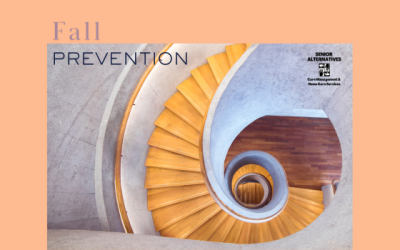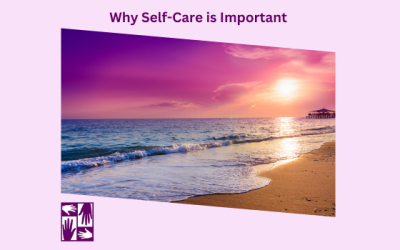December 23, 2019

The holiday season can be both a time of great joy and extra stress, especially for older adults and their caregivers. Holidays represent family, emotion, memories of times past as well as the reality that things aren’t how they once were. The good news is that there are several strategies that help manage stress.
One major holiday stress for older adults is the feeling of loss and loneliness. They may be grieving someone who passed away recently or long ago; either way, it can help to talk about that person and remember all of the good times. Sharing these memories provides a sense of comfort.
Maintaining healthy lifestyle habits is also key. It’s so important to stay hydrated (drink water!) and stick (as much as possible!) to our normal diets. Many foods that we typically eat around the holidays have extra sugar, fat, and sodium, which can have unwanted effects on our bodies and energy levels.
Have fun, and take breaks. Between parties and shopping, the holidays often involve busy days and nights. Get enough sleep. Sleep deprivation can affect mood, memory, and cognition – among other things – in all of us.
Be open to new traditions. It can be difficult – and emotional – for older adults whose age or health prevents them from participating in activities or playing their traditional holiday roles. Think about new ways to get them involved.
Plan ahead when visiting others. For older adults with mobility challenges, an unfamiliar place can be loaded with hidden hazards. Be aware of things like throw rugs, doormats, barriers in doorways or hallways, and cords or loose items that may present a fall risk. Keep rooms and hallways illuminated.
Reflect and practice gratitude. There is always some good in life, even when things are tough. Connecting and engaging with loved ones is meaningful and fulfilling for older adults, contributing to overall happiness and well-being.
We wish you a happy and healthy holiday season!
Have fun, and take breaks. Between parties and shopping, the holidays often involve busy days and nights. Get enough sleep. Sleep deprivation can affect mood, memory, and cognition – among other things – in all of us.
Related Articles
September is Fall Prevention Awareness Month
As we get older, a simple trip or fall can have serious consequences, impacting our mobility and confidence. The good news is that most falls can be somewhat preventable, read on for more tips…
Funding Options for Older Adults
This guide will walk you through the many ways to pay for senior care and support, it will show how families and elders can supplement care and senior housing.
International Self-Care Day 7/24
The date, 7/24 symbolizes the idea that self-care should be practiced 24 hours a day, 7 days a week. It’s a gentle nudge to make self-care a daily priority, not just a once-a-year activity. Read more on ways to create a self-care plan.





